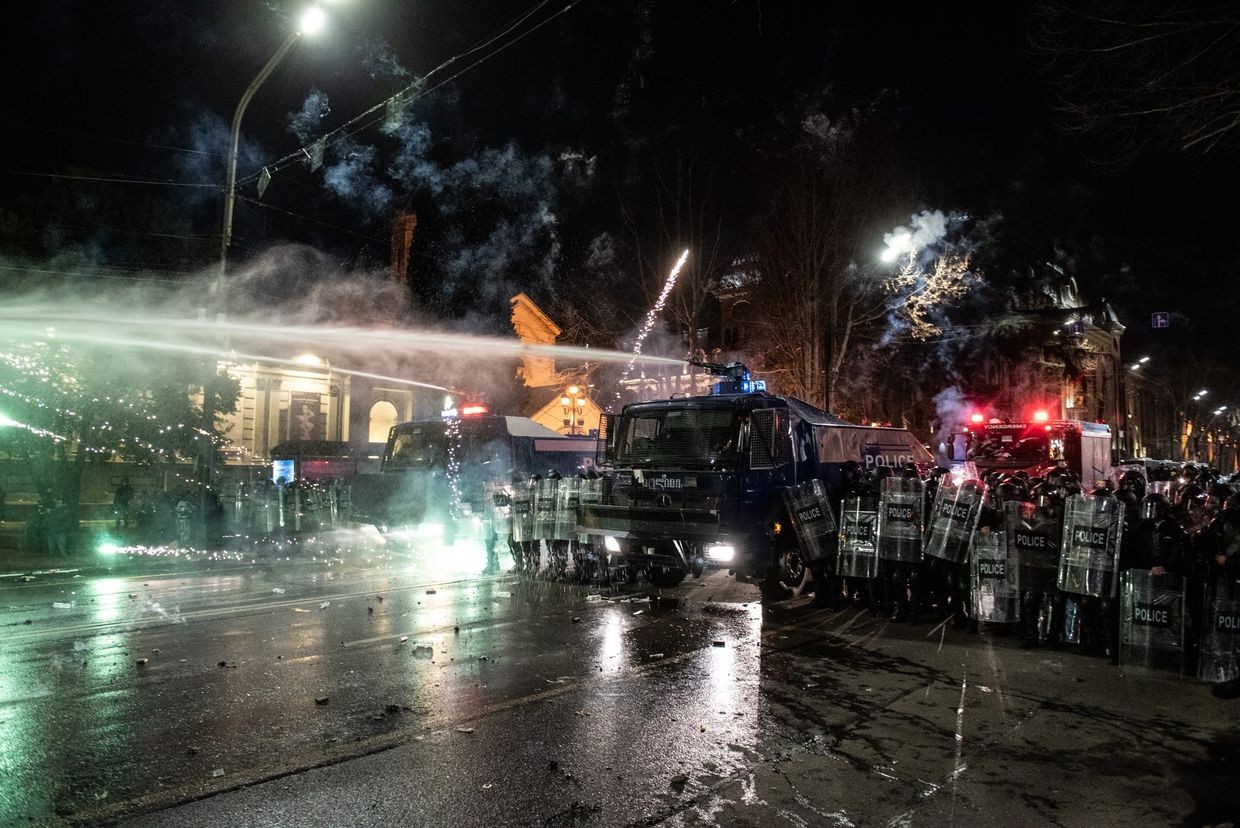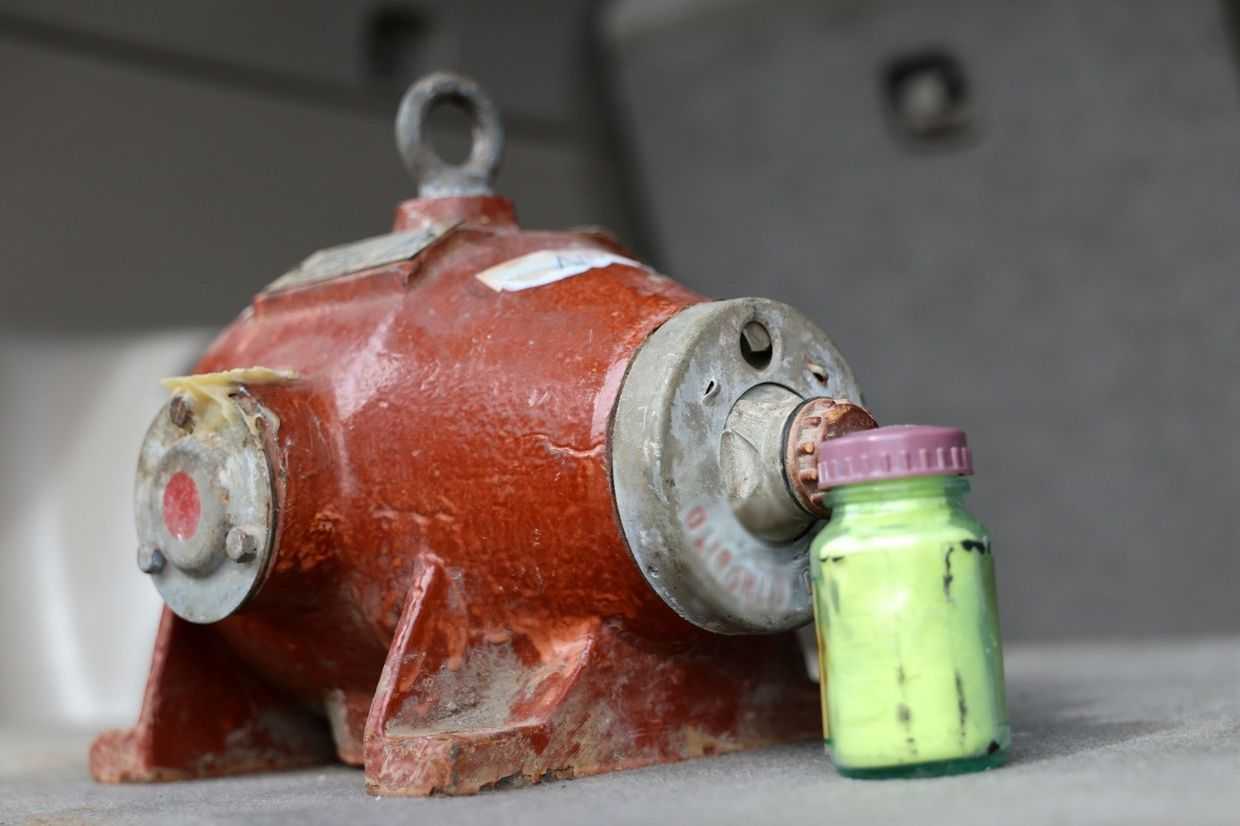
The European Court of Human Rights (ECHR) has accepted the case of 19 Georgian journalists who accuse the Georgian police of assaulting them while covering the 2023 foreign agent law protests.
The Media Ombudsman, a media rights watchdog, announced that the court accepted the 19 media workers’ complaints on 26 September.
They said the case, titled Kokaia and Others v. Georgia, detailed the persecution of a number of critical media journalists and camera operators during March 2023. In particular, they have accused law enforcement officers of interfering with their work and preventing them from publicising their violent dispersal of protesters.
According to the Media Ombudsman, the dispute concerns the police’s violation of four fundamental rights enshrined in the European Convention on Human Rights:
- The right to a fair trial;
- Freedom of expression;
- Freedom of assembly and association;
- And the right to an effective remedy.
Among those involved in the case are TV Pirveli camera operator Nikoloz Kokaia, several journalists from TV channels Formula and the now-defunct Mtavari, in addition to one journalist from RFE/RL and another from On.ge.
Among them is also OC Media journalist Mikheil Gvadzabia, who at the time worked for independent media outlets Batumelebi and Netgazeti.
Gvadzabia told OC Media that he was twice harassed by police while covering the protests: first while covering the parliamentary commissions’ discussions of the draft law in March 2023. Having left parliament and entered its courtyard, Gvadzabia and two of his colleagues were forced to leave the premises by law enforcement officers stationed there.
‘They dragged us out, kicked us out without a proper explanation, despite the fact that I had documents proving I was a journalist and that I had just received my accreditation for parliament literally a day before.’
‘And the second [case of harassment] happened a few days after this incident; that time I was punched by a police officer while covering the protest on Rustaveli Avenue. It was painful, and it disrupted my work’, Gvadzabia added.
He said that he was only informed that he was granted the status of a victim in the incident — despite being attacked by a police officer — in February 2025. Only 12 out of 19 applicants have received the status of victims.
‘Nothing else happened; no police officer related to this case was either identified, questioned, or punished’, he said.
The ruling Georgian Dream party endorsed, introduced, and adopted the first iteration of the foreign agent law in early March 2023, before eventually aborting it following days of mass protests marked by the riot police’s violent dispersal of protesters.
The law was dubbed the ‘Russian law’ by its critics for its similarity to legislation the Kremlin has used to stifle and crush criticism and dissent in Russia. It required civil society and media organisations that receive over 20% of their funding from abroad to register as ‘agents of foreign influence’. Failure to comply would have meant large fines or prison time.
The bill was reintroduced a year later with minor amendments, and was adopted in May 2024, again amidst widespread protests. However, despite its adoption, it was never enforced by the Georgian government, which instead opted to replace it altogether with a new law: the Foreign Agent Registration Act (FARA).
Under FARA, a foreign agent is defined as any person (legal or physical) who is under the control of, or acts at the direction of, a foreign power and acts in the interests of that foreign power. This means that, unlike the foreign agents law, FARA also affects individuals. It is up to the anti-corruption bureau under the prime minister’s office to decide who is ‘working at the direction of a foreign power’.
Failure to comply with the law can be punishable by up to five years of imprisonment, a fine of up to ₾10,000 ($3,600), or both.











